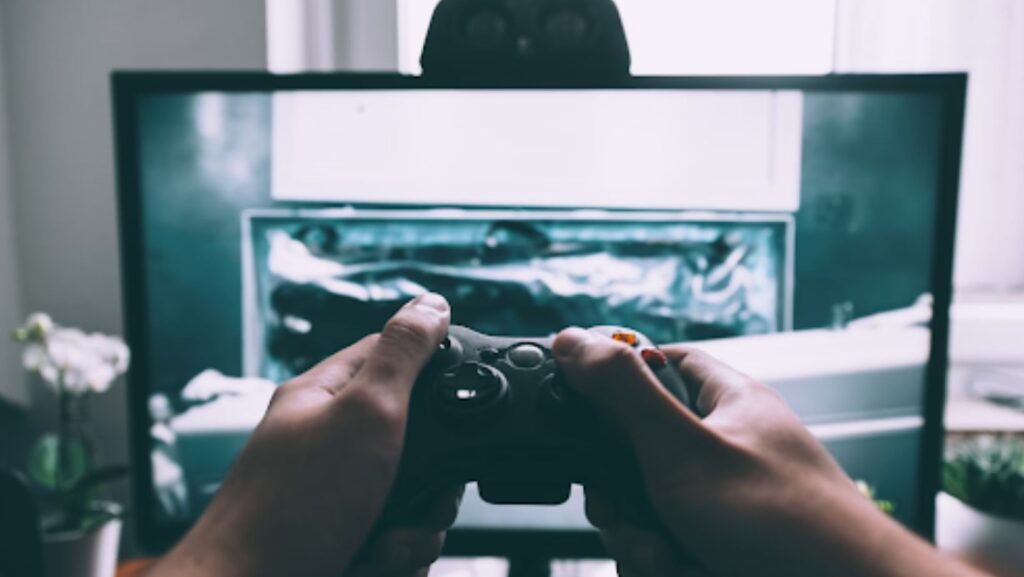Although most games tend to be on the more tech-savvy end of the technology spectrum (at least in comparison to the average Joe), there are still some things that they can overlook when in the pursuit of pure gaming bliss: their online security. Although most platforms like Steam and Epic use highly sophisticated encryption and security measures to keep your data safe, it’s fair to say that not all gamers will be using these platforms exclusively, thus opening up their data to be exploited by those who are a little further along that aforementioned tech spectrum. Forutenly, there are plenty of things you can do to keep your data safe, most of which involve basic common sense or a minimal amount of tech know-how.
Use A VPN While Performing Most Tasks
Most folks have heard of a VPN and will have a rudimentary understanding of what they are and what they do. While you don’t need to necessarily know the precise ins and outs of the various encryption protocols (although it never hurts to learn a bit about them), what you do need to know is that they can protect your data in a variety of ways.

The best part is that because the competition is so fierce in this industry, you have a considerable variety of VPNs to choose from, most of which are incredibly affordable if you opt for multiple years upfront. This exclusive NordVPN deal from Mike Ward even offers up to 68% off the already low price, making it almost a no-brainer to sign up. Once you have one set up, you can use various servers from all over the world to block your official IP address as well as encrypt your online usage. While the former point might not be of massive benefit to you (unless you want to buy games that might be geo-blocked in your country), the latter point of data encryption is what keeps you truly safe.
Enable Two-Factor Authentication Whenever Possible
Passwords are old news these days, as it’s been proven time and time again that most folks are simply unable or unwilling to generate strong passwords robust enough to avoid being brute forced. Even with the advent of password lockers, it’s prudent to take additional precautions when possible. For most, this will manifest as 2FA, also known as two-factor authentication. This involves using an app on your phone and configuring it with the platform you are using. Whenever you go to log in, or in some cases, pay for a new game, you will be notified to enter in a number created by the 2FA app and get logged in or complete your action once completed. Although not entirely foolproof, and you will need to use it most of the time you want to log in somewhere, it creates another barrier of defense against you and those who want to steal your data and use it for whatever nefarious purposes.
Keep Games And Gaming Software Regularly Updated
Just as with other forms of software, your games and the platforms with which you use them should be regularly updated. These patches can vary from introducing new features in the case of the games or a patch to fixing a hole in the code that has the potential to be exploited.

Gamers tend to be a careful bunch when it comes to their games and game progress, but if you value your data, you might consider setting up an automatic updating setting that will keep things patched up without you consistently having to double-check.
Avoid Sharing Personal Information To Other Gamers (Even Friends)
Now we come to the first common sense point, and one that most people believe they’re doing, but in plenty of cases tend not to be dong! It’s so easy to accidentally share your personal information with others online, particularly those who you might call your friends. For those playing online multiplayer games, you will likely form friendships with your teammates, but whom you have never actually met IRL. Although this is a common thing and nothing out of the ordinary, you need to remember that even if you trust them, there is no way to know if they have accidentally let slip specific info you would have rather kept secret. Therefore, it makes sense to simply avoid this issue and never divulge any information you wouldn’t want anyone to know.
Regularly Back Up Your Data (Cloud)
If the data you’re worried about losing is more related to your games themselves, you can always make use of the cloud to keep game saves safe in the case of some catastrophic data heist or SSD malfunction. Fortunately, many gaming platforms offer some form of cloud save options where you can choose to save your progress locally on your own device and on the platform servers.
Staying safe while playing your games needn’t involve some kind of monumental, brain-aching task. Instead, you can follow some pretty basic online safety hygiene practices to keep yourself safe from data theft so you can focus on what you actually enjoy..playing games!

